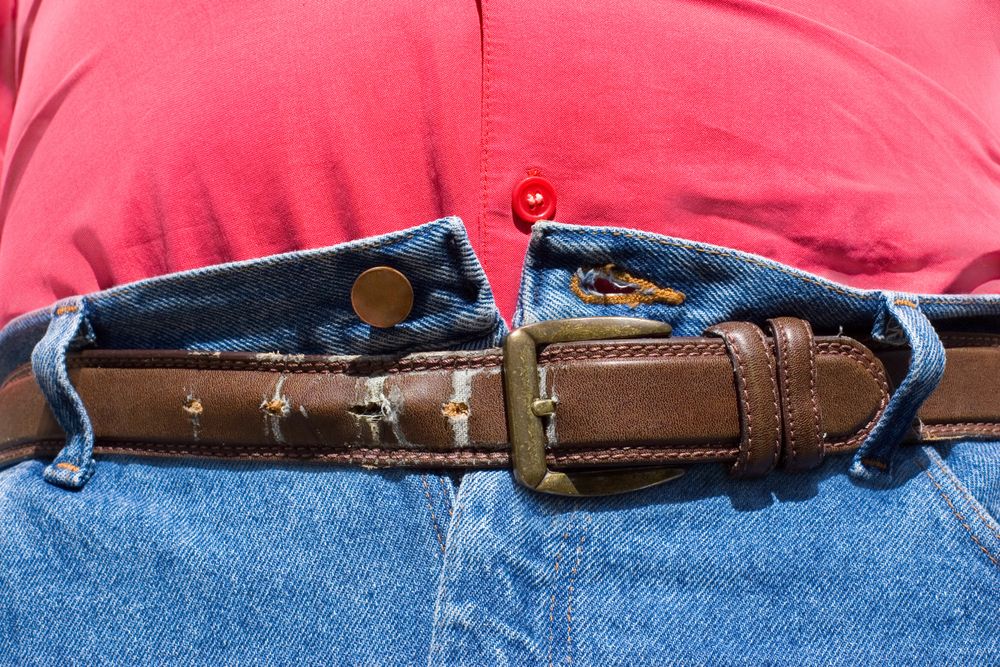The epidemic of obesity among kids in the U.S. (one in five children and teens are obese, about 15 million between ages two and 19) has led to the inevitable: The number of weight-loss surgeries has been going up in young age groups since 2016, according to data released by JAMA Pediatrics.
These metabolic and bariatric surgeries can change the way someone absorbs food, making them feel less hungry and more full, CNN reports. The surgeries are being recommended in some cases for young people for the first time; earlier this year, the American Academy of Pediatrics released new guidelines that added evaluating kids with severe obesity for potential surgery treatments.
Related: Bone Broth Is the Health Hack You Should Be Making Yourself
Behavior therapy and lifestyle changes (exercise and diet modifications) are still on the table, but there's been a shift in thinking that now allows for kids to have these surgeries, and to increasingly have more access to that kind of treatment—especially children who have suffered from lack of insurance coverage or low referral rates from pediatricians. Not surprisingly, Black and Hispanic youth have been disenfranchised, but that's starting to change; surgeries of this kind went up 42 percent among Black kids and 53 percent among Hispanic kids from 2020 to 2021, even as those rates went down for the general population due to the pandemic.
For parents, it can be a challenge to get kids to eat healthy and exercise, especially amid the barrage of advertising for junk food and fast food, the popularity of TV and video games, and other factors that keep kids sedentary and developing poor eating habits. Surgery isn't an admission of defeat; it's just a tool in the toolbox to help kids get the help they may need to avoid lifelong health problems.
